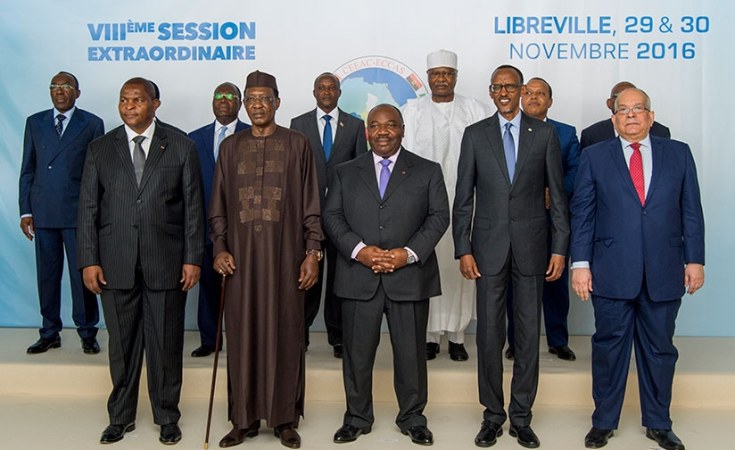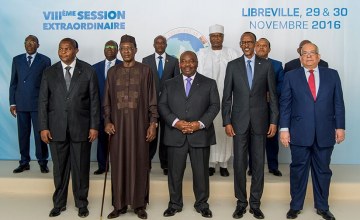Libreville — Transformative industrial policies that are in harmony with environmental protection need not be "an exercise of cutting and pasting but should be rather well crafted and context specific," vehemently argued the Director of the Sub Regional Office for Central Africa of the UN Economic Commission for Africa (ECA), Mr Antonio Pedro during a policy debate on structural transformation in Gabon this Thursday.
Prompted by the mutations of the global economy that has witnessed a nose-dive in the price of crude oil (which had so far been the biggest single contributor to Gabon's GDP), the debate organised by ECA with the ample support of Gabon's Ministry of Forest Economy, Water Resources, Fisheries and Aquaculture, aimed at encouraging current industrial (and wood transformation) policies being adopted by the country in high gear towards emergence.
Several ECA reports published in 2016 including Transformative Industrial Policy for Africa, Greening Africa's Industrialisation (Economic Report on Africa 2016) and notions contained in a soon-to-be-published ECA Country Profile for Gabon served as anchor points for the debate.
Main discussants from ECA called for building capacities for both industrial policy formulation/execution and understanding the constraints that have copped up with the advent of international trade and value chain arrangements. These should however not clip the wings of African countries such as Gabon from being daring in pursuing industrial policies especially in the wood industry.
And daring indeed has the country been in the domain for forest exploitation and wood processing by "adopting restrictive rules in connection with the exportation of timber in order to guarantee a greater level of value addition of wood extracted from its forests" since October 2010, intimated Gabon's Minister of Forest Economy, Water Resources, Fisheries and Aquaculture - Estelle Ondo, who opened the debate. She said all of these measures created the effect of boosting the transformation of wood in Gabon - notably across what experts term the first and second levels of wood transformation.
The importance of Gabon's wood sector for its structural transformation is particularly important if the onlooker bears in mind that the Central African nation has over 23 million hectares of forest covering 90 per cent of the country's total surface area - this according to Mr Simplice Nteme, Director General of Forests in the Ministry of Forest Economy, Water Resources, Fisheries and Aquaculture.
Today's dialogue is one in a series being organised across Central Africa by ECA to encourage countries of the sub-region to stay the course of structural transformation which involves dynamically moving from low-value agrarian economic structures to productive agriculture, manufacturing and quality services. This is seen as the pathway way towards inclusive growth and sustainable development. The next ECA debate on Structural transformation in Central Africa is slated for Brazzaville, Congo, on 15 December 2016. It will dwell on improving transport infrastructure to leverage such a transformation in the country.



